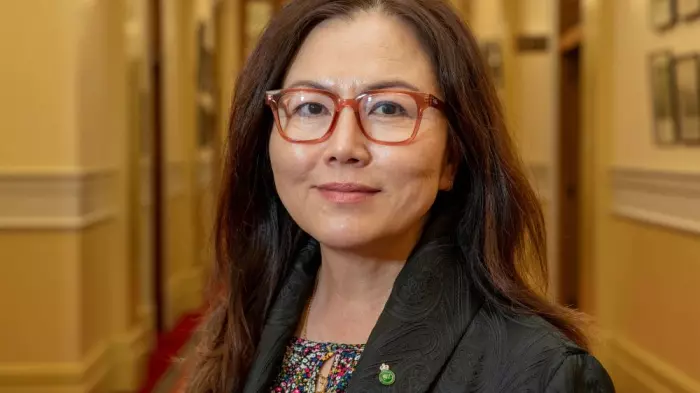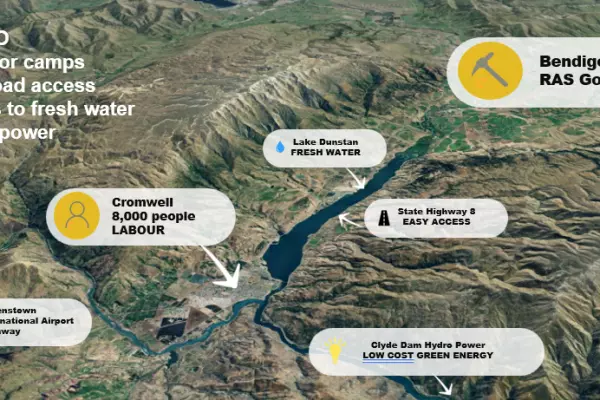A report commissioned by the Ministry for Culture and Heritage has concluded there is no strong case for “any ongoing public funding of commercial news content”.
The report, The Implications of competition and market trends for media plurality in New Zealand, was conducted by Sapere Research Group, and looked at the health of the news media in the face of growing commercial pressures.
Sapere argued there was no “strong case” for the public purse to support the news media with initiatives such as the Public Interest Journalism Fund, the $55 million scheme announced by the current government and administered by crown entity NZ on Air.
It said the PIJF had received a “mixed” response from the news industry, with some media stakeholders concerned that funding decisions had crossed into editorial decision-making and a “beauty contest”.
The report said PIJF funding was described as “uneven” by some industry players, “creating winners and losers in the industry”.
“Despite the impact of covid-19 being near-universal, some newsrooms benefited from taxpayer-funded staff while others missed out entirely,” the report said.
Unintended consequences
The paper noted an observation that the PIJF had caused salary inflation, due to the country’s “relatively limited pool of journalists”, rather than creating new capacity in the sector.
Sapere also discussed the theory that state funding “may make those [news] firms beholden to the government of the day”, and that “government officials might be reluctant to fund proposals that will be critical of government policies”.
The paper acknowledged that the news industry rejected the potential for funding to affect editorial independence, impartiality, or willingness to criticise government policies or decisions.
NZ on Air has administered millions from the PIJF to support journalism roles, projects, and ethnic minority media initiatives so far. Many of New Zealand’s most prominent news companies, including NZME, the owner of BusinessDesk, have received PIJF funds.
BusinessDesk has received PIJF funding for investigations into the public service, the charities sector, and to train young business journalists.
Sapere said the government’s role in funding journalism was “a complex issue that will need to be fully explored at some point in the future, including giving consideration to how funding decisions are made and the level of independence from government oversight”.
It said a full evaluation of the PIJF would provide deeper insight into its value and impact on the sector.
Innovation impacts
The report also cast doubt on whether the PIJF could improve the plurality of the NZ media sector. It said large public funding schemes could prevent smaller independent media outlets from capitalising on gaps in the market.
According to the paper, public funding for the news sector “risks reducing the commercial opportunities available to firms to create content, risks propping up inefficient business models, and may unwittingly tilt the prospects of success/failure for businesses”.
While Sapere is unconvinced by the merits of the PIJF, it reserved more praise for the Local Democracy Reporting Scheme. It said the scheme, launched in 2019, was “well-targeted”, and “appears to be functioning well”.
The LDR scheme has provided news organisations including Stuff, NZME, The Spinoff, and Allied Press - publisher of the Otago Daily Times - with funds for local news journalists.
It offered one criticism of the LDR scheme, noting the funds could potentially “rule out the prospect of new business models emerging to supply this content”.
Big tech
Elsewhere, the report dismissed the idea of Australia-style news media bargaining legislation to help news firms bargain with the US tech giants.
NZ’s biggest news organisations, including NZME and Stuff, have asked the Commerce Commission for permission to collectively bargain with the likes of Facebook and Google. Some industry players, including Stuff chief executive Sinead Boucher, have called on the NZ government to impose Australia-style legislation to force such deals.
However, Sapere argued NZ news companies “derive significant benefit from the current arrangements that drive traffic to their sites" and said "any imbalance in bargaining power between New Zealand media firms and global digital platforms does not undermine the ability of news firms to make money from their content”.
The report, dated November 2021, concluded that New Zealand’s news media was in “a relatively sound position”. It said more formal and regular monitoring of media plurality could provide value and help inform future government policy.














